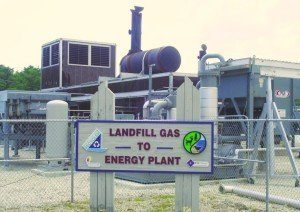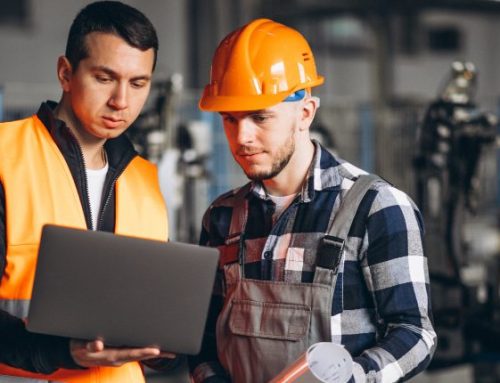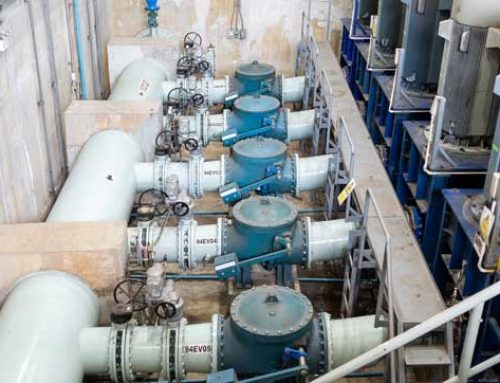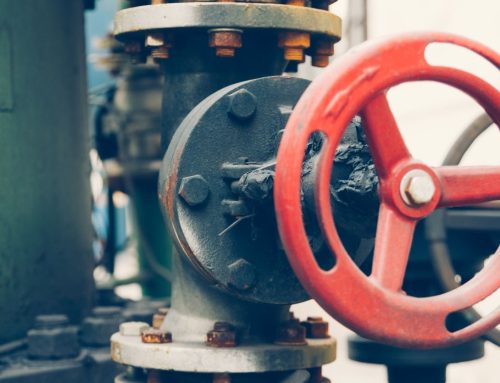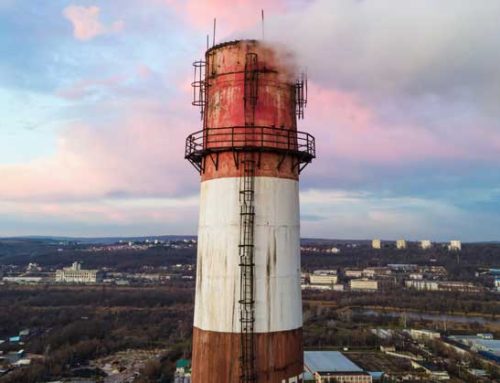Recycling the methane produced by organic landfill produce can help preserve resources
An understated way to generate power has been cycling the sphere of power generator companies, power plants, and environmentalists all of the United States, especially due to the overwhelming amount of landfill municipal waste there is in this country. Most of this waste happens to be organic as well. In short, I will describe a quick lesson on LFGE, or Landfill Gas to Energy, the way that the climate-warming gases are turned into energy.
What is LFGE?
When organic materials sit and rot underneath other materials in a landfill, they suffocate and in turn produce methane, a damaging pollutant that can also be used via combustion to produce energy at power plants. By transferring this energy into power plants, it takes the place of finite natural resources that fuel power plants. Now, less of these finite sources are being burned (and damaging the environment) and more of the harmful gas that landfills produce is going away. So essentially, this process of LFGE (Landfill Gas to Energy) is saving natural resources and utilizing the harmful emissions at landfills.
What’s the problem?
Now, you might be wondering: Why haven’t I heard of this? Or Why isn’t this more widespread? The answer is that some recycling plants and environmentalists argue that by utilizing landfill side effects will decrease a person’s will to recycle and henceforth think that it’s useful to toss recyclable garbage into those landfills. That is the problem at the citizen level, of people thinking it will be okay to not recycle. This incentive should never be reduced, as recycling is good. We get that. However, one must look at the big picture and impact of the LFGE process.
At a company level, landfills are also getting reduced fees and other monetary benefits that can boost their performance over recycling plants, hence giving them the edge. With this, people will be more inclined to maintain their landfill procedure and make money by simply giving away their harmful gases. Fare thee well. With landfill owners making all of this money, recycling doesn’t seem like such a great department to enter. Now you can see a bit more of why LFGE hasn’t exploded (no pun intended) in the industry of power plant generation.
Conclusion
However, with these potential harmful effects of LFGE (Landfill Gas to Energy) on the recycling community, the effectiveness of these processes need to be utilized to the best of their ability. There has to be some way that the government and the industries can find a way to use LFGE to save resources (and the climate). Hopefully, this will be resolved as soon as possible, but it’s good to be aware of the impactful potential of LFGE and other alternative sources of energy.

